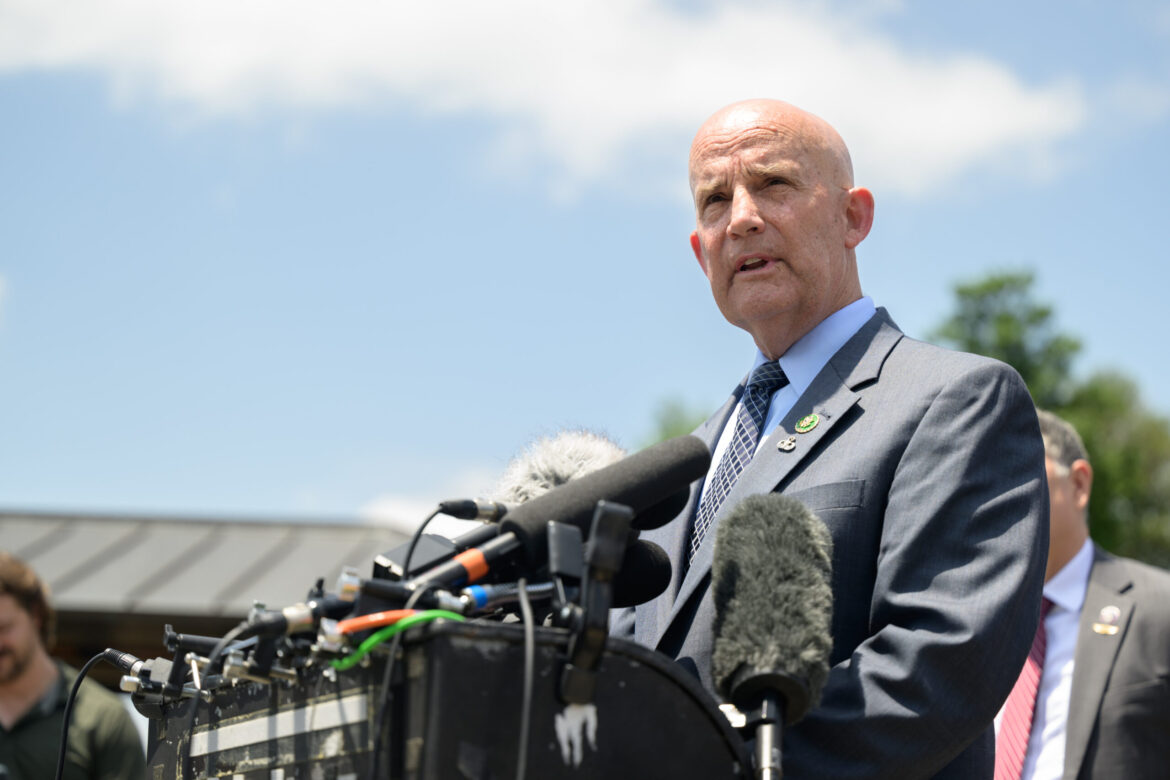WASHINGTON, D.C. — As questions pour in about the progress of budget reconciliation for the GOP-led “One Big, Beautiful Bill,” Rep. Keith Self (R-TX) is offering Americans a plainspoken breakdown of where things stand. In a new statement, he separates the current reconciliation effort into The Good, The Bad, and The Ugly—highlighting both the wins and shortcomings of Congress’s latest fiscal package.
THE GOOD: Trump Tax Cuts Made Permanent
At the top of the “good” list is the move to codify the Trump Tax Cuts, the largest middle-class tax relief package in U.S. history.
“The significance of getting these signed into law cannot be overstated,” Self said.
Under the proposed reconciliation framework:
-
Middle- and working-class families could see $5,000+ back in their pockets
-
Small businesses, farmers, and seniors gain lasting relief
-
Tax certainty would incentivize “Made in America” investments
-
President Trump’s signature campaign promise is fulfilled
This cornerstone achievement is expected to supercharge the U.S. economy, bolstering manufacturing, job growth, and family stability.
THE BAD: Work Requirements Delayed, “Xbox Welfare” Continues
Despite Republican efforts to rein in Medicaid abuse, Self warns that Democrats and weak-kneed Republicans have managed to delay enforcement of new work requirements for able-bodied adults until 2029.
“Able-bodied video gamers get four more years of free healthcare and time on the couch,” Self remarked bluntly.
The current Medicaid structure gives 90% coverage to able-bodied men, while only 50%–77% is provided for pregnant women, children, and people with disabilities—a stark inversion of priorities that reconciliation fails to fully address.
Though the work requirement provision is technically in the bill, the delay defers meaningful reform and allows Obamacare’s “welfare-for-the-lazy” model to continue unchecked.
THE UGLY: Trillions in Savings Left on the Table
With America’s debt at $36 trillion and climbing, Rep. Self criticized Congress for failing to take full advantage of the moment.
While reconciliation includes $1.2 trillion in net spending reductions, that’s a fraction of what’s possible, according to watchdogs like DOGE (Department of Government Efficiency), which has flagged billions in fraud, waste, and unnecessary bureaucracy across federal agencies.
“This is the moment for fiscal courage,” Self said. “We can’t leave easy wins on the table.”
From duplicative programs to bloated executive salaries in obscure departments, there’s no excuse for half-measures in a time of historic national debt.
Conclusion: A Historic Opportunity
Rep. Keith Self sees the reconciliation process as a make-or-break moment for Congress to deliver on the promises of fiscal conservatism, economic growth, and responsible governance.
His message to colleagues is clear: “Finish the job. Don’t squander this chance. The American people are watching.”

